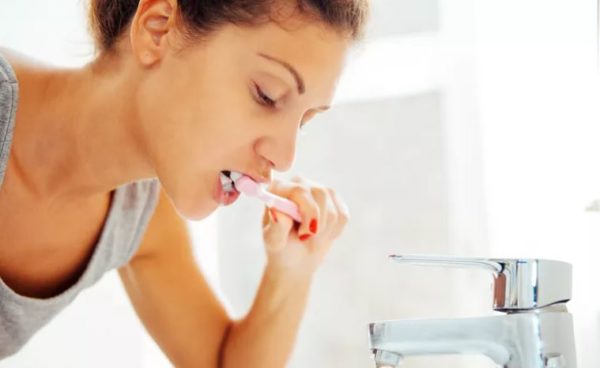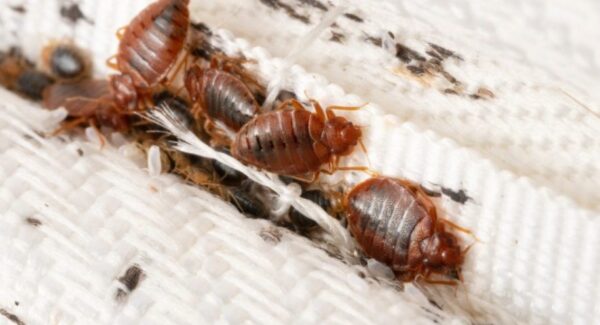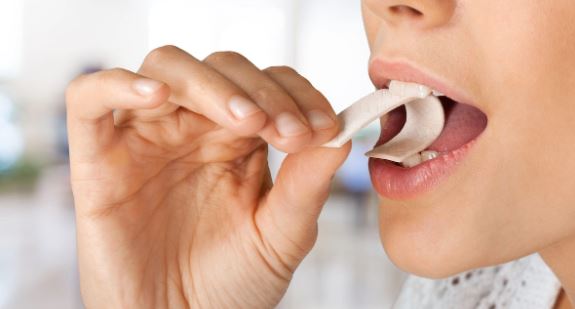Lifestyle
7 effective home remedies for gum disease

If you’re dealing with pain or swelling in your gums or you spit blood after brushing or flossing, your body may be telling you that something’s not quite right.
Bleeding from any part of your body suggests an injury, and bleeding gums aren’t an exception.
Swollen, inflamed gums are a sign that bacteria are infecting your gums. To prevent further damage to your gums, teeth and jaw, find out what home remedies you can use to help prevent gum disease until you can see a dentist.
Professional treatment by dental professionals is essential to controlling gum disease and treating infections. But there are natural remedies for gum disease and loose teeth that you can add to your overall strategy.
Like any disease, the faster you act at the first problematic signs, the better chance you have of keeping your teeth healthy.
Below are 7 effective home remedies for gum disease:
1. Green tea
Green tea contains high amounts of antioxidants that may help reduce inflammation. Green tea can help counteract the immune system’s inflammatory response to bacteria in the mouth. This reduced inflammation helps lower damages to the gums and supporting jawbone.
The polyphenols can also restrict the growth of bacteria that lead to gum inflammation. Drinking green tea may help overall health, and it’s an alternative to coffee that many people enjoy.
2. Hydrogen peroxide
Hydrogen peroxide, a mild antiseptic, is often helpful in the prevention of skin infections from minor cuts and scrapes. Swishing with hydrogen peroxide may also help relieve minor mouth irritations and kill bacteria that could lead to gum disease.
Consider using diluted hydrogen peroxide in a water flosser, like a waterpik. These oral irrigators send a stream of water around the teeth and under the gums, which helps remove and kill harmful bacteria.
3. Aloe vera
Aloe vera has a long history of treating scrapes and burns on the skin, but it’s proven to be useful in the mouth, too. Researchers showed that aloe vera was just as effective as two commercially toothpastes at reducing disease-causing bacteria.
Aloe vera has also been shown to help healing after gum surgery. Application with gel may result in better initial healing and reduce discomfort. If your gums are sore or swollen, you may notice relief with aloe vera.
4. Turmeric paste
Turmeric is a spice commonly used in curries, but research has shown that it’s capable of reducing inflammation throughout the body. In addition, it appears to have antioxidant and antimicrobial properties.
Turmeric can be used in multiple ways for health and dietary benefits. Adding the spice to food allows it to work with other nutrients. Oral supplements provide a steady amount to the body, but make sure you use a highly absorbable form for maximum benefit.
5. Sage mouthwash
Some types of mouthwash contain high amounts of alcohol and may even dry the mouth out and allow more bacterial plaque to form. But a rinse that contains sage can calm inflamed gums. Daily rinsing with a sage mouthwash can decrease the bacteria that causes dental plaque.
You can make your own sage rinse at home. Add two tablespoons of fresh sage or one teaspoon of dried sage to a cup or two of boiling water. Let it simmer on low for about 10 minutes before straining it. You can store it in a bottle and rinse with a small amount twice daily for 30 seconds.
6. Saltwater
Saltwater is a natural disinfectant that can eliminate bacteria that causes gum disease and help heal inflamed mouth tissue. Salt causes fluids to move away from the swelling. If you need a gum abscess home remedy, warm saltwater is a good place to start.
7. Lemongrass oil
A mouthwash containing a small amount of lemongrass oil can lower bacterial plaque levels. A wash with 0.25% lemongrass oil can reduce plaque better than chlorhexidine gluconate, a proven anti-bacterial rinse used to treat gum inflammation.
A lemongrass oil rinse is quick and easy to create, but it can be potent. Simply add two to three drops of lemongrass oil to a cup of water, swish for 30 seconds, and spit. You may want to try just one drop at first and increase if it doesn’t aggravate the lining of your mouth.










